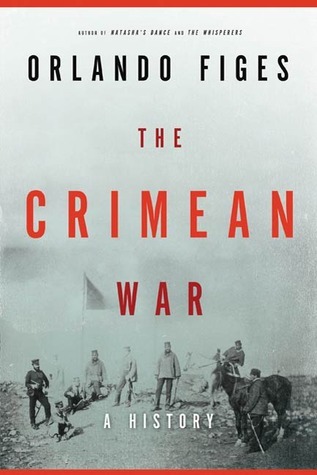Of the 80,000 Russian troops who crossed the River Pruth, the border between Russia and Moldavia, less than half would survive for a year. The tsarist army lost men at a far higher rate than any of the other European armies. Soldiers were sacrificed in huge numbers for relatively minor gains by aristocratic senior officers, who cared little for the welfare of their peasant conscripts but a great deal for their own promotion if they could report a victory to their superiors. The vast majority of Russian soldiers were not killed in battle but died from wounds and diseases that might not have
Of the 80,000 Russian troops who crossed the River Pruth, the border between Russia and Moldavia, less than half would survive for a year. The tsarist army lost men at a far higher rate than any of the other European armies. Soldiers were sacrificed in huge numbers for relatively minor gains by aristocratic senior officers, who cared little for the welfare of their peasant conscripts but a great deal for their own promotion if they could report a victory to their superiors. The vast majority of Russian soldiers were not killed in battle but died from wounds and diseases that might not have been fatal had there been a proper medical service. Every Russian offensive told the same sad tale: in 1828–9, half the army died from cholera and illnesses in the Danubian principalities; during the Polish campaign of 1830–31, 7,000 Russian soldiers were killed in combat but 85,000 were carried off by wounds and sickness; during the Hungarian campaign of 1849, only 708 men died in the fighting but 57,000 Russian soldiers were admitted to Austrian hospitals. Even in peacetime the average rate of sickness in the Russian army was 65 per cent.26 The appalling treatment of the serf soldier lay behind this high rate of illness. Floggings were a daily aspect of the disciplinary system; beatings so common that entire regiments could be made up of men who carried wounds inflicted by their own officers. The supply system was riddled with corruption because officers were very badly paid – the whol...
...more
This highlight has been truncated due to consecutive passage length restrictions.


